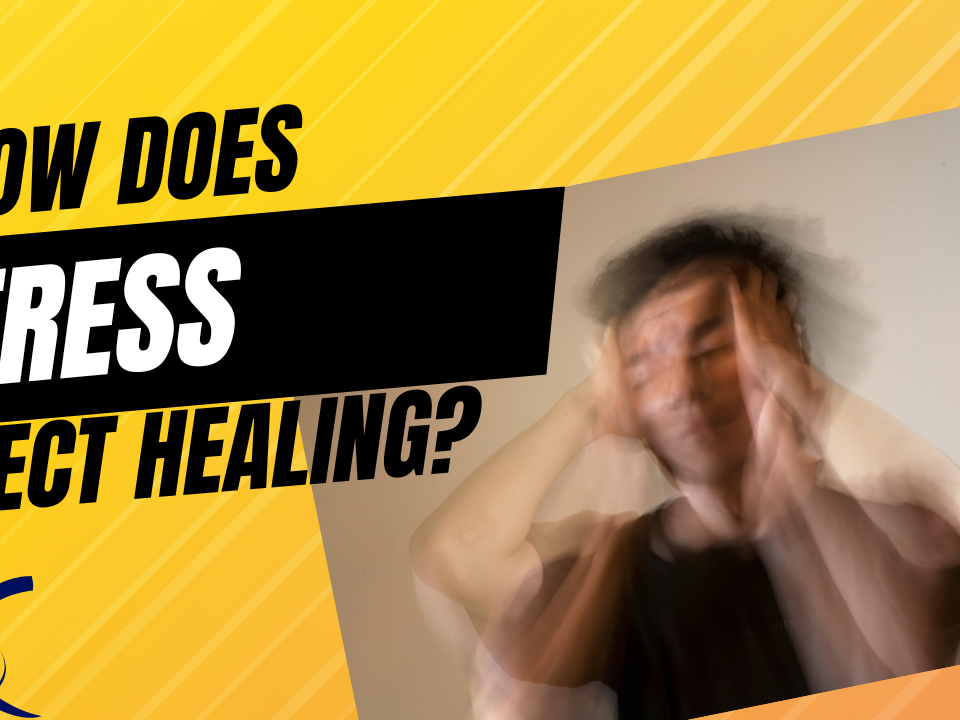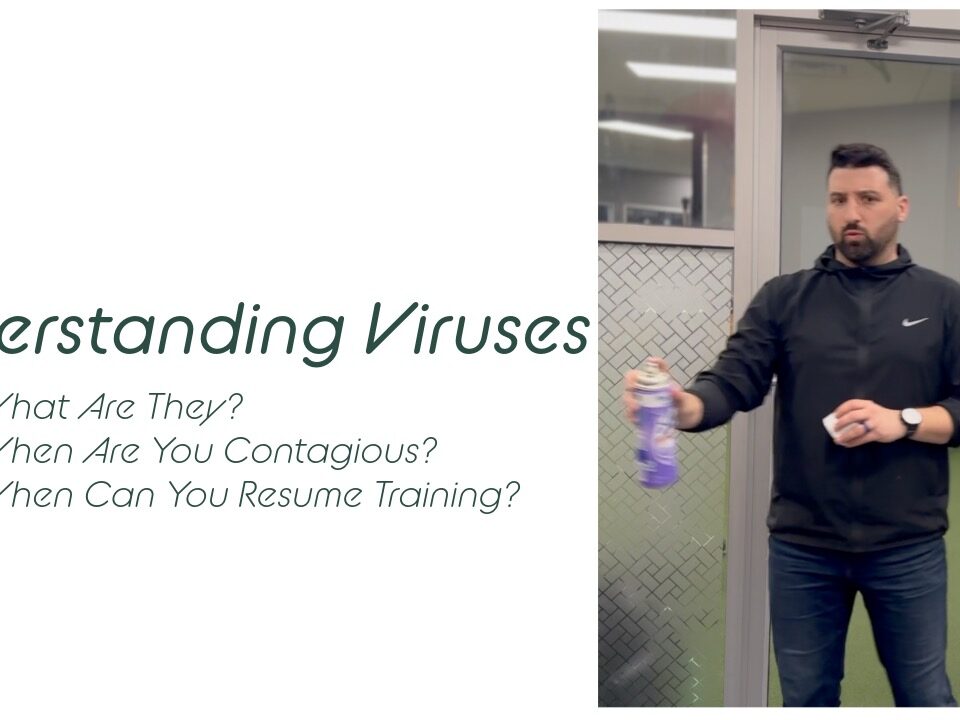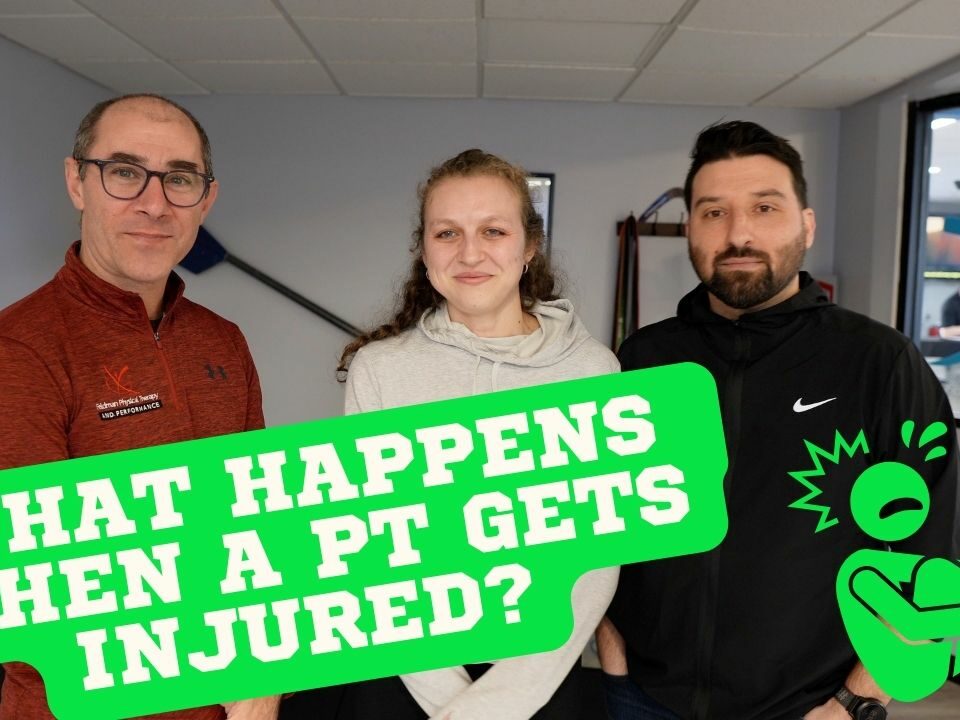
The Safe and Simple Way to Relieve a Stiff Neck
September 6, 2020
Self Treatment Options for Pain Relief
September 20, 2020I am Retired, So Why Did My Pain Get Worse?
 This week’s blog topic is brought to you by a discussion I had with a friend over the weekend. I may not provide you with an exorbitant amount of research with this one, but I think John, Justin and I will all agree with what I write here.
This week’s blog topic is brought to you by a discussion I had with a friend over the weekend. I may not provide you with an exorbitant amount of research with this one, but I think John, Justin and I will all agree with what I write here.
My fiancé and I were sitting down with a good friend for dinner (socially distanced and outside of course) and he brought something up that seems to be a common complaint amongst a lot of folks. This was the topic of retirement and pain. We sat there and chatted about my job for a while, and then he brought up his concern about his father.
For about an hour, we sat there and discussed his father’s retirement and the downhill spiral that occurred afterward. He noted that once his father retired, his chronic low-level back pain that he has had for years has now become incapacitating. His father’s words, “ I have always had some pain while working, but it has never been this bad.” My friend stated that his father’s pain is so crippling that he will not even walk through the grocery store. He is not all that old, either.
With this newfound pain, he has visited numerous specialists who have told him that he has X, Y, and Z wrong with him. Did anyone ask, what have you been doing since you retired? The unfortunate answer is no.
This is not the first time I have ever heard of worsening pain and new diagnoses after retirement. I have also witnessed the avoidance of physician visits secondary to pain post-retirement. I have witnessed these things with my family members, my fiancé’s family members and have treated numerous clients in the clinic. Pain is not a normal part of aging nor should it be avoided. It also should not impede your happiness during retirement!
Now, most people believe that retirement will take away the stressors of life and that not doing the same thing day in and day out will make your pain go away. For some, this stands true but for others, it can be far from the case. Retirement can be stressful in and of itself. The new schedule changes, lack of routine, and increased downtime can create unbeknownst angst for some. It can increase stress and in turn, pain too.
Let us think about these retirement scenarios: a once-active person with low-level discomfort decides to keep moving more often and their pain stays about the same or gets better. A once-active person stops moving and the pain worsens. What do you think about that? Less movement equals more pain. Sounds somewhat crazy, right? Well, even joints with aches and pains like to be moved! If you go from a semi-active job where you are required to move and have lower-level pain, and all of a sudden stop working, stop moving, and have more pain, what do you think may be the answer?
As I already stated, pain should not be considered a normal part of the aging process. If you have pain, it can change no matter how old you are. Do not let your friends or doctors tell you otherwise. Do not get dragged into a negative pain cycle or fear avoidance behavior because of something Dr. Google or someone else may tell you (read more about this here). P.S. You may think I sound nutty here, but things such as degenerative disc disease, arthritis, rotator cuff tendinopathy, and meniscal tears are just like having grey hair! They also do not necessarily mean that you will have pain ?.
Movement is medicine. It can help lubricate joints, make bones stronger, and make the body more resilient no matter how old one is. Although relaxing during retirement may sound wonderful, my best advice would be to continue to move the best that you can. Do not stop and just sit in front of a computer or television but take up walking as a hobby. Start working out more often and well, if you do have generalized aches and pains, do not ignore them! Find a physical therapist or another medical professional to help you get stronger and more resilient as you grow older!

Ashley Witson, PT, DPT




